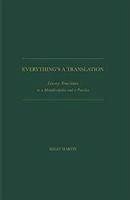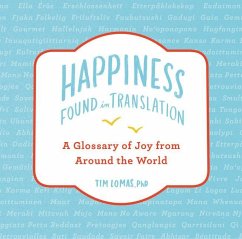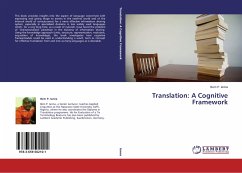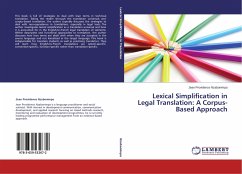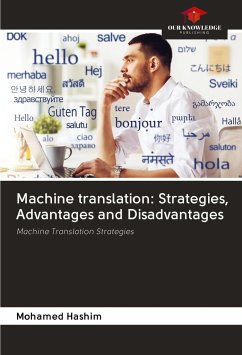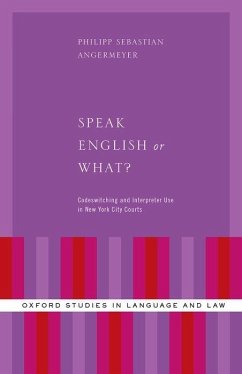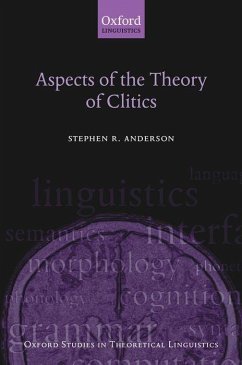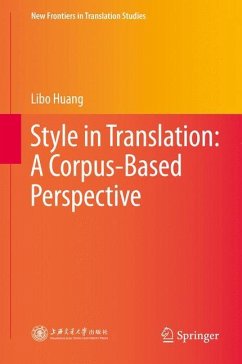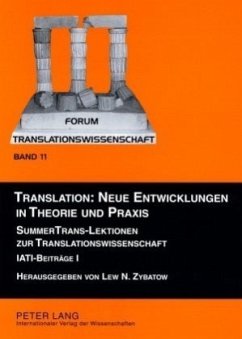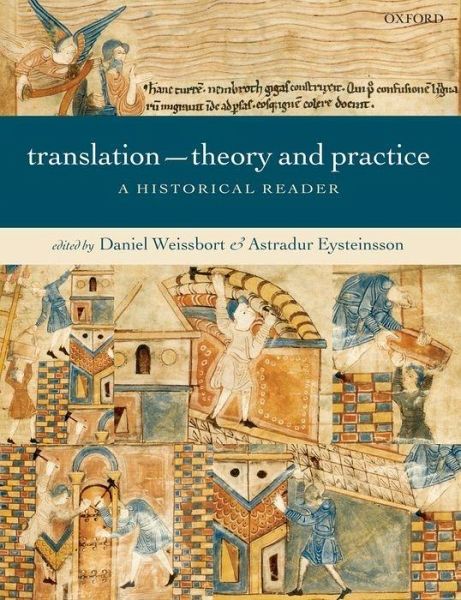
Translation: Theory and Practice
A Historical Reader
Herausgeber: Weissbort, Daniel; Eysteinsson, Astradur
Versandkostenfrei!
Nicht lieferbar
The bibliographies are likewise comprehensive. The editors have drawn on the expertise of leading scholars in the field, including the late James S. Holmes, Louis Kelly, Jonathan Wilcox, Jane Stevenson, David Hopkins, and many others. In addition, significant non-English texts, such as Martin Luther's 'Circular Letter on Translation', which may be said to have inaugurated the Reformation, are included, helping to set the English tradition in a wider context. Related items, such as the introductions to their work by Tudor and Jacobean translators or the work of women translators from the sixteenth to eighteenth centuries have been brought together in 'collages', marking particularly important moments or developments in the history of translation. This comprehensive reader provides an invaluable and illuminating resource for scholars and students of translation and English literature, as well as poets, cultural historians, and professional translators.
Translation: Theory and Practice: A Historical Reader responds to the need for a collection of primary texts on translation, in the English tradition, from the earliest times to the present day. Based on an exhaustive survey of the wealth of available materials, the Reader demonstrates throughout the link between theory and practice, with excerpts not only of significant theoretical writings but of actual translations, as well as excerpts on translation from letters, interviews, autobiographies, and fiction. The collection is intended as a teaching tool, but also as an encyclopaedia for the use of translators and writers on translation. It presents the full panoply of approaches to translation, without necessarily judging between them, but showing clearly what is to be gained or lost in each case. Translations of key texts, such as the Bible and the Homeric epic, are traced through the ages, with the same passages excerpted, making it possible for readers to construct their own map of the evolution of translation and to evaluate, in their historical contexts, the variety of approaches. The passages in question are also accompanied by ad verbum versions, to facilitate comparison. The bibliographies are likewise comprehensive. The editors have drawn on the expertise of leading scholars in the field, including the late James S. Holmes, Louis Kelly, Jonathan Wilcox, Jane Stevenson, David Hopkins, and many others. In addition, significant non-English texts, such as Martin Luther's "Circular Letter on Translation," which may be said to have inaugurated the Reformation, are included, helping to set the English tradition in a wider context. Related items, such as theintroductions to their work by Tudor and Jacobean translators or the work of women translators from the sixteenth to eighteenth centuries have been brought together in "collages," marking particularly important moments or developments in the history of translation. This com




